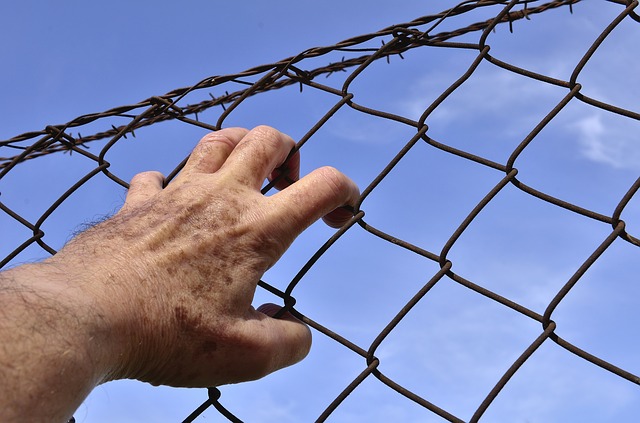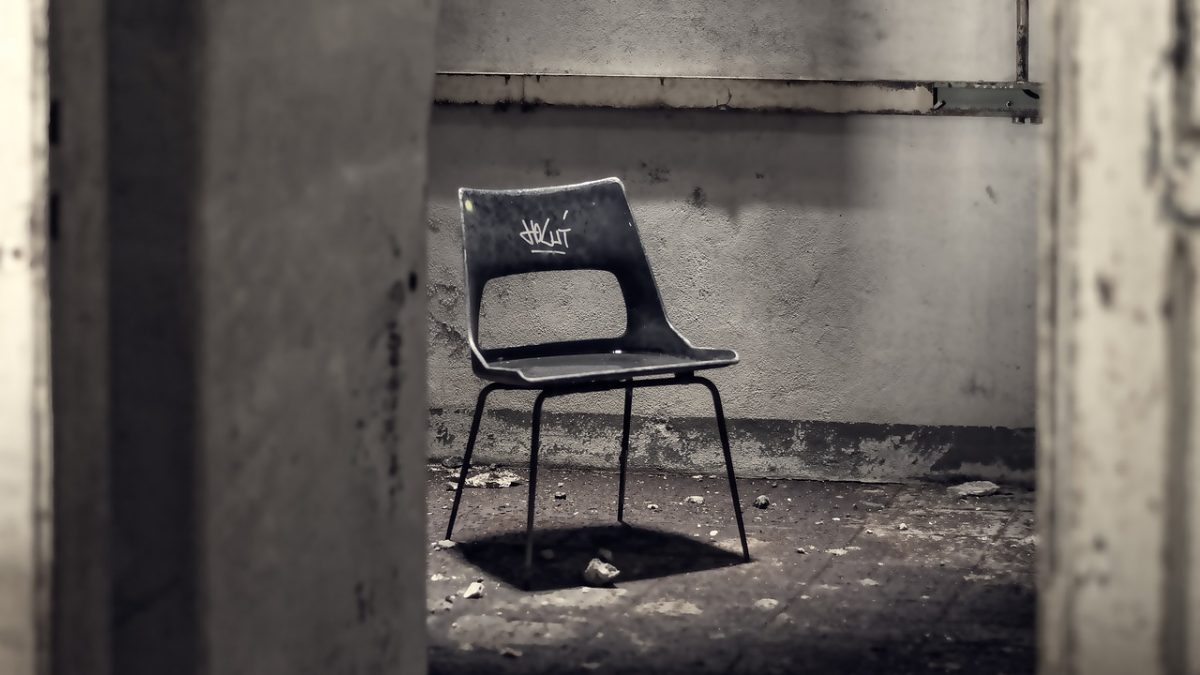Torture constitutes a grave violation of human rights, is absolutely prohibited under international law, and cannot be justified under any circumstances. In order to strengthen the fight against torture and to express solidarity and the necessity of support for victims around the world, 26 June is observed as the International Day in Support of Victims of Torture. On that day in 1987, the United Nations Convention against Torture and Other Cruel, Inhuman or Degrading Treatment or Punishment entered into force.
To ensure effective prevention and protection from torture and ill-treatment, the Optional Protocol to the UN Convention against Torture (OPCAT) established a system of regular visits to places where persons deprived of liberty are held. One of the obligations arising from the ratification of this Protocol is the establishment of National Preventive Mechanisms.
In Croatia, the National Preventive Mechanism for the Prevention of Torture and Other Cruel, Inhuman or Degrading Treatment or Punishment (NPM) was established in 2011, and its mandate has been entrusted to the Office of the Ombudswoman. Within this framework, we continuously highlight the necessary improvements aimed at preventing torture, cruel, inhuman or degrading treatment or punishment, and at strengthening the rights of persons deprived of liberty—through individual cases and NPM visit reports, as well as through the annual reports of the Ombudswoman.
NPM activities include regular and unannounced visits to, for example, police detention units, prisons, penitentiaries, correctional facilities, reception centres for foreigners, psychiatric hospitals, care homes for adults with mental health conditions, as well as homes for older persons and family-run care homes. These are all locations where persons deprived of liberty or persons subjected to any form of detention, confinement, or placement in a publicly supervised institution—whom cannot leave the facility at will—are or may be located.
In addition to conducting on-site visits, reducing the risk of torture, inhuman or degrading treatment, and abuse also requires the implementation of recommendations issued to the relevant national authorities, whether from international institutions such as the UN Subcommittee on Prevention of Torture and Other Cruel, Inhuman or Degrading Treatment or Punishment (SPT), or from the Ombudswoman, who holds the mandate for the NPM.
More information about the work of the National Preventive Mechanism for the Prevention of Torture and Other Cruel, Inhuman or Degrading Treatment or Punishment can be found in the 2024 Report of the Ombudswoman, in the chapters Police System (NPM Activities), Applicants for International Protection and Irregular Migrants (NPM Activities), Prison System (NPM Activities), Persons with Mental Health Conditions (NPM Activities), and Care Homes for Older Persons: NPM Activities
On 26 June the International Day in Support of Victims of Torture is observed globally, marking the day of the coming into force 35 years ago of the UN Convention Against Torture and Other Cruel, Inhuman or Degrading Treatment or Punishment.
Persons deprived of their liberty, including prisoners, persons in detention, patients kept in the closed wards of psychiatric institutions, and others, are one of the social groups at highest risk of torture, inhuman or degrading treatment or punishment. The risk is especially high in the first hours of detention, when they are at risk of being subjected to severe pain or suffering inflicted by or at the instigation of or with the consent of a public official or other person acting in an official capacity with the intention of thus achieving a certain purpose.
Keeping this in mind, it is extremely important that during this time persons deprived of their liberty are provided with the access to an attorney, a physician, the opportunity to contact a family member or another person, and with other procedural safeguards. These represent the most efficient safeguards against torture and other forms of violence against these individuals as well as a guarantee of a fair trial in line with Article 6 of the European Convention of Human Rights.
The Mendez Principles – Interviewing and Information Gathering in Line with Human Rights Guarantees
“The most frequent setting where torture and coercion take place is the course of the interrogation of suspects and for the purpose of obtaining confessions,” stresses Juan E. Méndez, UN Special Rapporteur on Torture in the foreword of the Principles on Effective Interviewing for Investigations and Information Gathering, i.e. the Méndez Principles, a document adopted in 2021, following several years of efforts by experts in the areas of human rights law, psychology, law enforcement, intelligence services, the military and others, aimed at shifting the way in which interviewing for investigations and information gathering is conducted.
The larger goal of this effort is to “transform the relationship between the state and its citizens”, to engage in stronger prevention of the behaviors and actions contrary to the provisions of the Convention and the existing human rights standards and to strengthen the integrity and professionalism of public officials and the trust of the citizens in the institutions.
With the aforementioned in mind and based on scientific evidence, the document warns that the suspect’s body language and their emotional and physiological reactions cannot be unequivocally interpreted as a sign of lying, so these types of interpretations can lead to wrongful convictions on the one hand and the acquittal of the actual perpetrators on the other. Additionally, open-ended and non-suggestive questions should be used, such as “describe”, “explain”, etc. This reduces the probability of influencing the person’s memory of the events and of obtaining false or misleading information.
The Principles also stress the importance of taking into account the mental and physical condition of the person deprived of their liberty, which entails providing food, rest and access to a physician on demand. They underscore, furthermore, that public officials’ illegal conduct must not be ignored regardless of their position within the official hierarchy or of the context in which it has taken place.
The Mendez Principles (Principles on Effective Interviewing for Investigations and Information Gathering) can be accessed here.
The Role of the National Preventive Mechanisms
International mechanisms and national bodies such as the National Preventive Mechanisms for the prevention of torture and other cruel, inhuman or degrading treatment or punishment (NPM) play an important role in the monitoring of the implementation of all of the relevant standards, measures and recommendations pertaining to concrete situations that represent the risk of such behaviors. In the Republic of Croatia, the mandate of the NPM is performed by our institution.
Our activities under this mandate include visits to the places of detention, such as police stations, prisons, penitentiaries, as well as psychiatric institutions and other localities.
South-East Europe NPM Network (SEE NPM)’ Recommendations
On the occasion of the International Day in Support of Victims of Torture members of the South-East Europe NPM Network, in whose work our institution participates, gathered in Vienna, Austria, on 21 June 2022 and issued a statement warning about the especially vulnerable position of the elderly and persons with disabilities deprived of their liberty.
The statement contains six conclusions/recommendations for the protection of these categories of persons within the prison system, namely the following:
- Older prisoners should be placed with the general prison population and their accommodation requirements must be adequate to their needs to respect their dignity.
- Prisoners with needs of special care due to their age or physical disability should be cared for in adequate facilities.
- An appropriate number of trained carers must be available in all correctional facilities.
- If care is given by other inmates, they should be supported and trained accordingly. Issues of possible liability due to poor care should be regulated and clarified.
- All staff that is involved in the supervision and care of older prisoners or inmates with physical disabilities should receive specific training regularly.
- In preparation for the release of this vulnerable group, state authorities should ensure adequate assistance according to the individual needs.
More information on the SEE NPM’s activities is available here.



